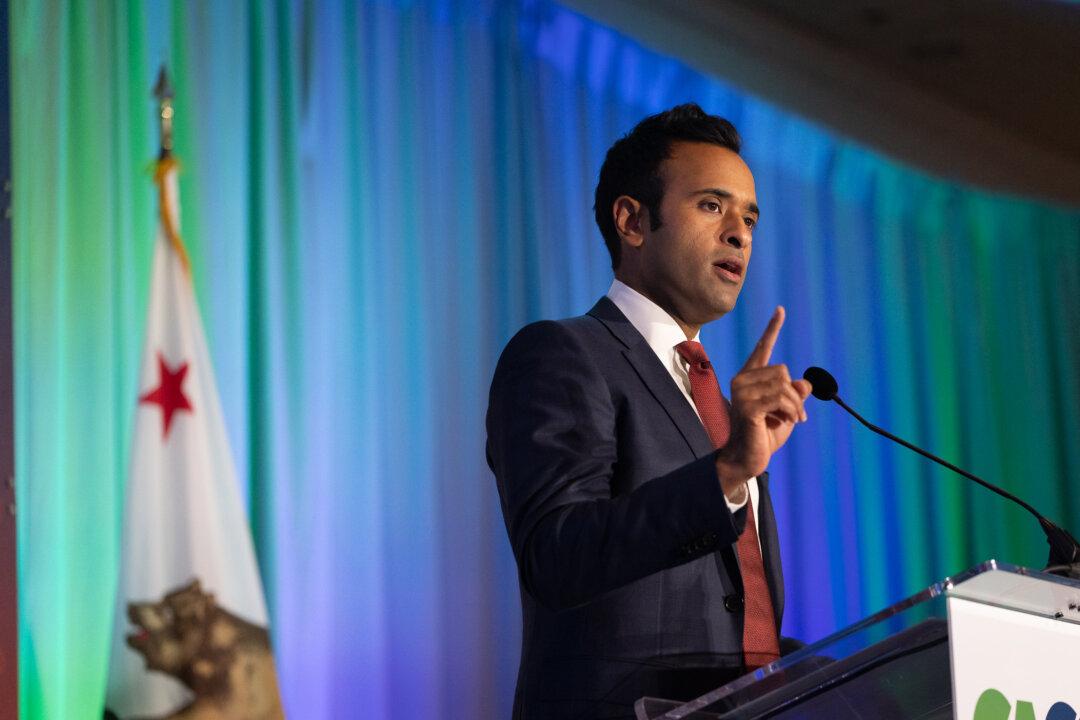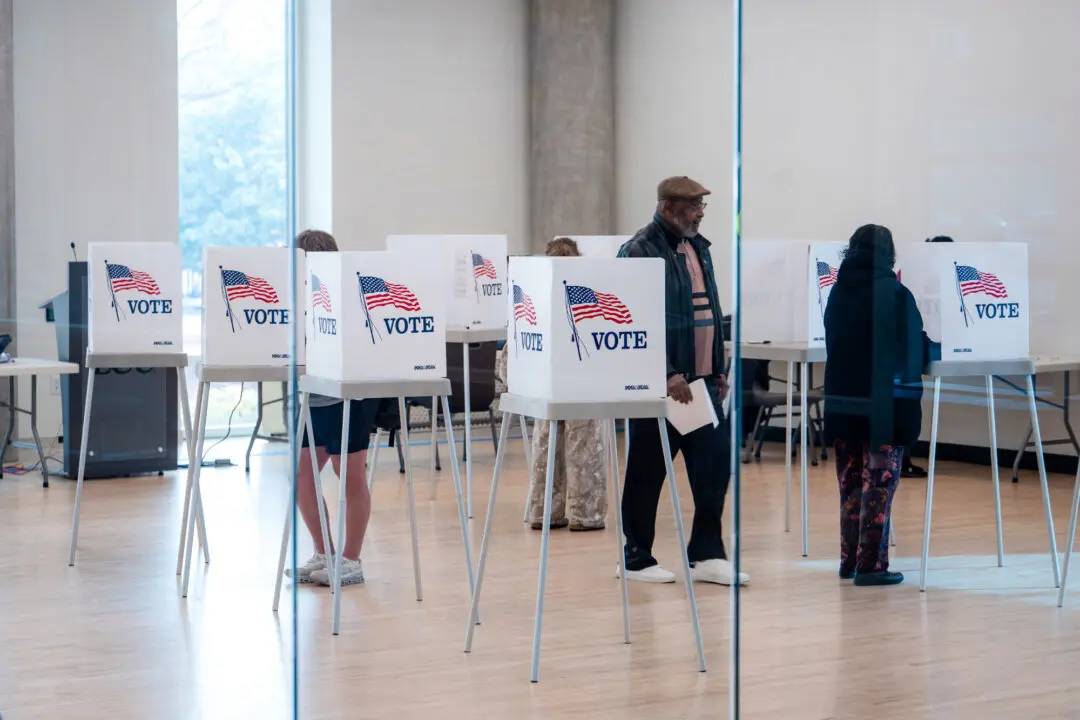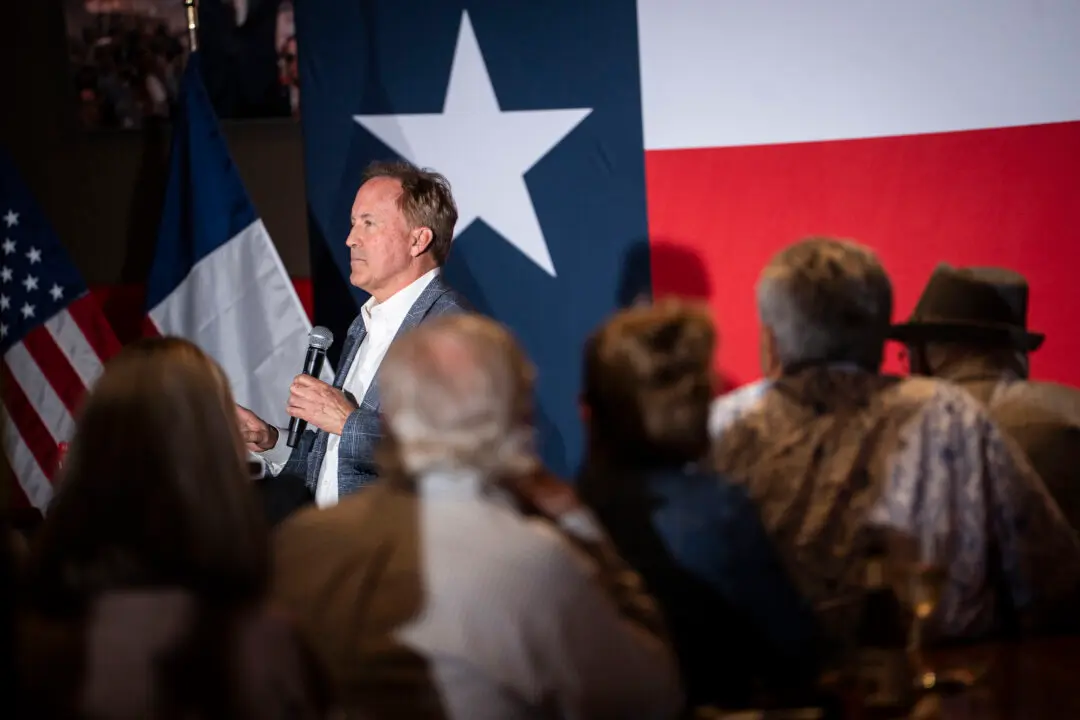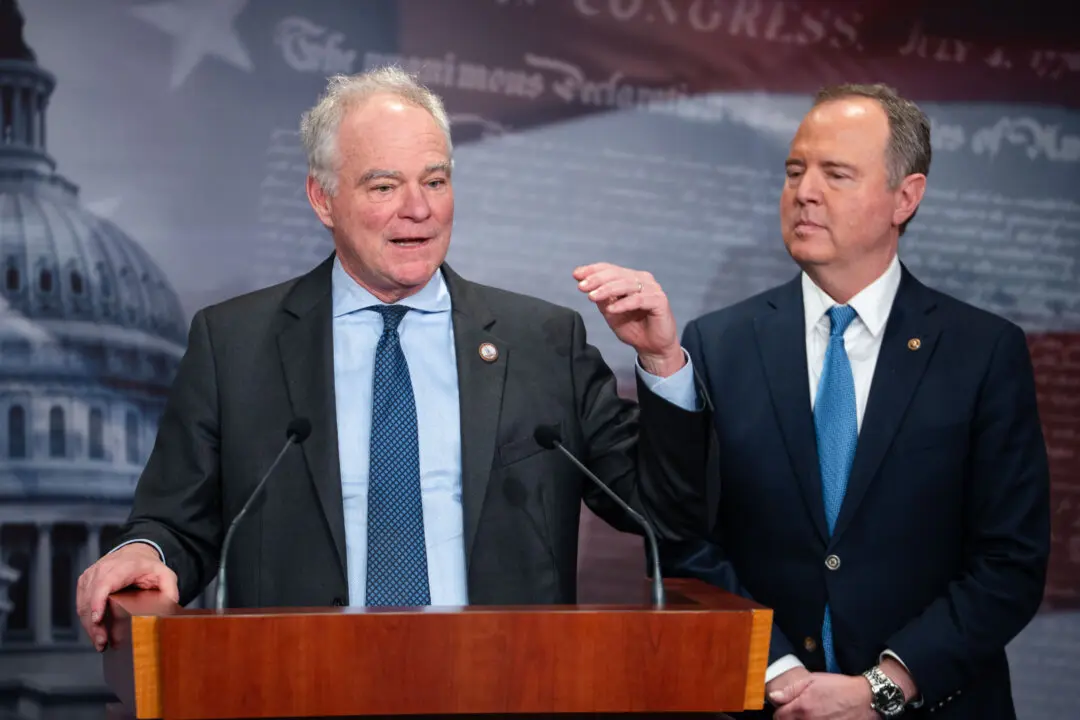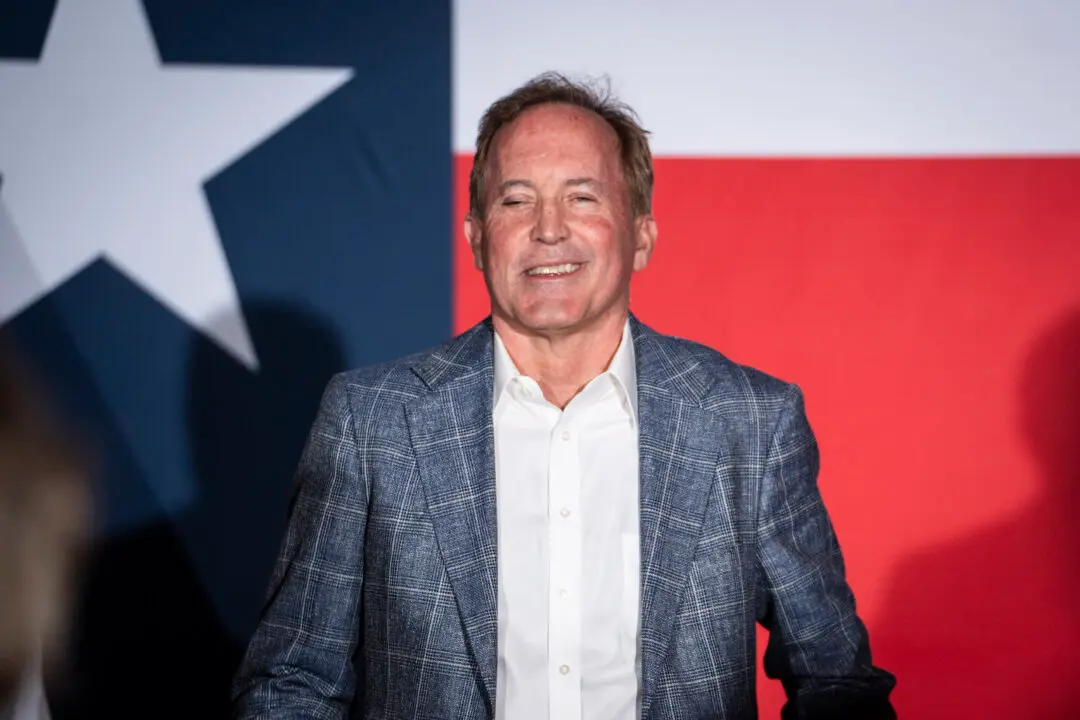Days after a relatively subdued performance at the second GOP presidential debate, entrepreneur Vivek Ramaswamy pitched to California Republicans about the dangers of cronyistic “woke capital” from leftist corporations at their autumn convention on Sept. 30.
“I'll take you back to the 2008 financial crisis,” the 2024 presidential candidate said.
